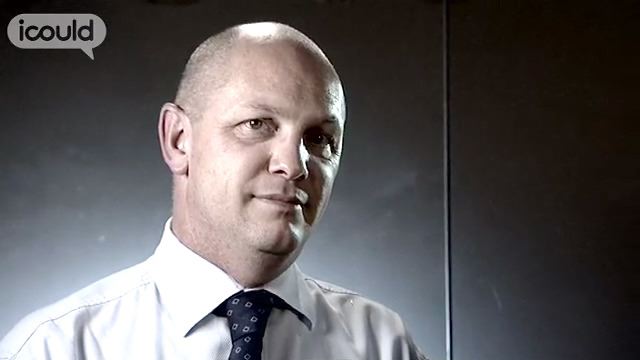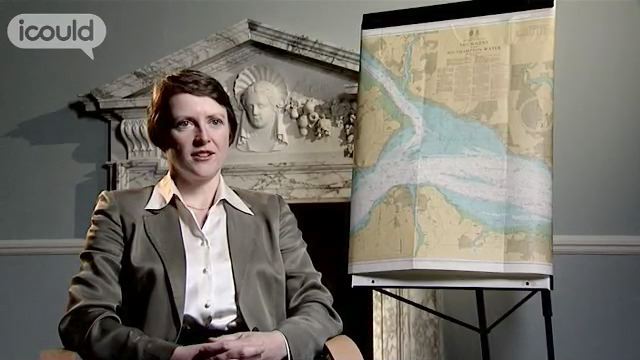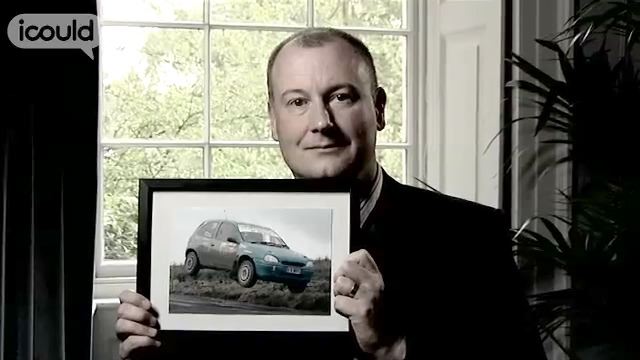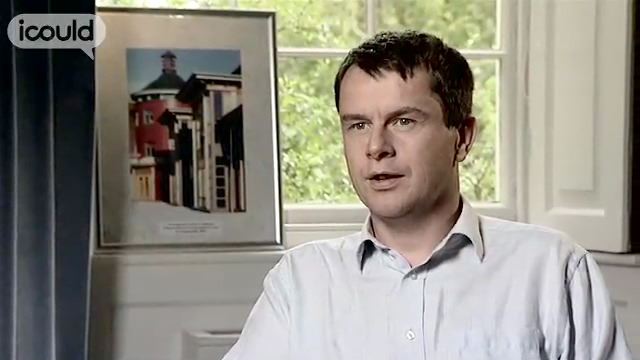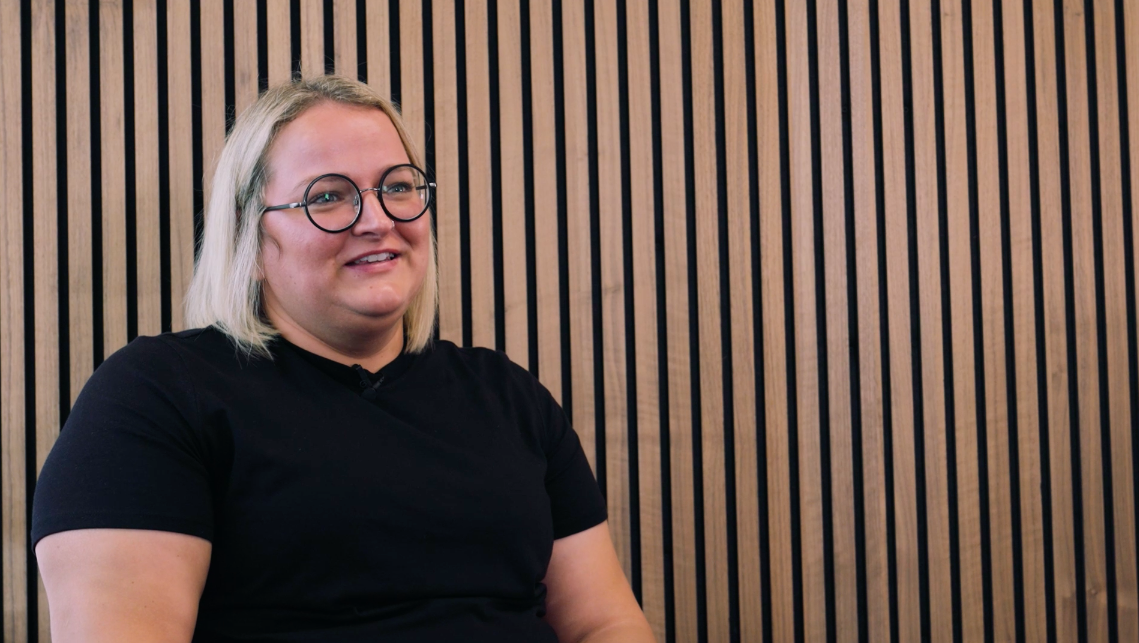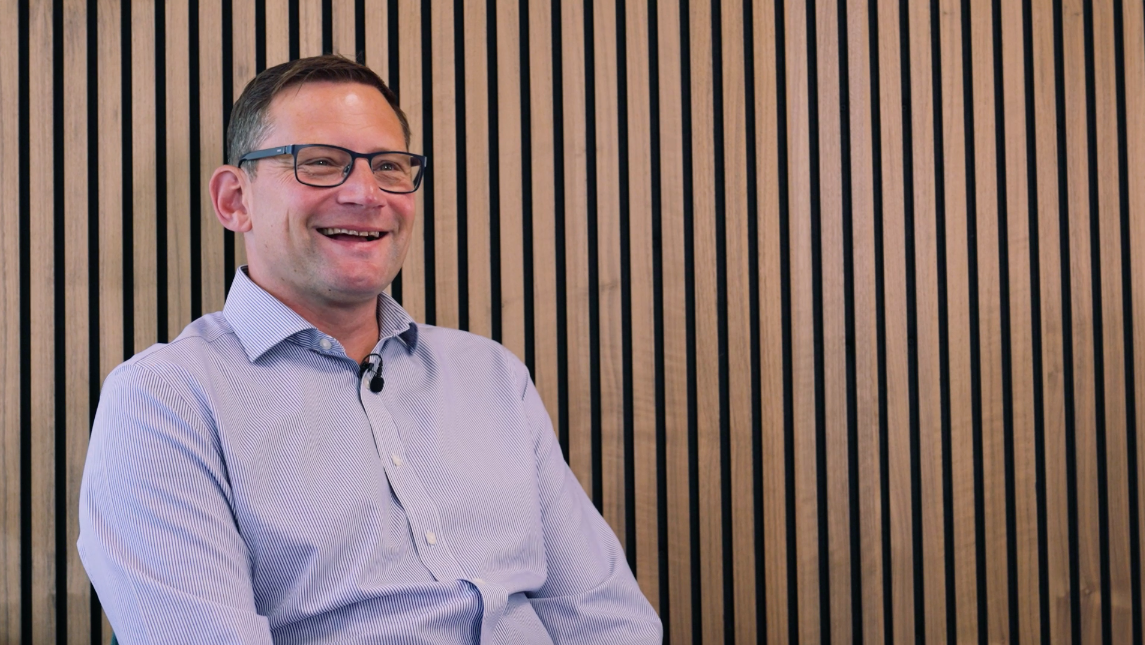Resource Director
Halcrow
Shirel S
00:00:03 My name is Shirel S. I work for a big international engineering consultancy. I’m a Resource Director for 220 staff, managing underneath me about 7 officers. I’m also a civil engineer, and a river engineer, and I work for the Environment Agency and local authorities. Basically what we do, we predict flooding for the Environment Agency, and we map the risk of flooding across the country. And – for example you can see here some of the hazards flood risk maps showing where the area really at high risk of flooding. And in order to solve that, what we do, we put a big storage area upstream, to capture all the rainfall and protect those houses.
00:00:58 Well I grew up in Israel, I came from Israel to England. It’s very difficult country, a lot of trouble, and I’m very fortunate that I could come to England, and settle in England. And I think that now I see my daughter growing in England, she doesn’t need to go to National Service, she doesn’t need to do the Army which I did. It’s make me feel much more secure and happy about it.
00:01:26 I always knew that I wanted to be a Civil Engineer, so I did Architectural Design as A-Levels and GCSEs, so I knew my path. But when I came to National Service in the Army I was qualifying paramedics. So what I was doing basically, dealing for two years with the medicine profession. And then when I finished the Army I was a little bit confused, I wasn’t sure what I want to do. So it was either go into medicine, or civil engineering. So I did HND in Civil Engineering, to see if this really what I want to specialise in. And after I finished that, I decided yes, this is what I want to do. But in Israel we didn’t have the option that you can go from HND to BEng to get qualified, you needed to start all from the beginning, from scratch, and do the degree for, I think it was about five years, again. So I was looking for other options, and England looked a very good option, and that’s what brought me to England.
00:02:30 I think being in the Army, doing the Army for two years, gave me a lot of focus, determination, and understanding all about responsibilities that people relies on you. And that’s quite important. I know that now these days I do have less responsibilities obviously, ‘cause people lives don’t rely on me, but in a way it made me very responsible for my actions, and I think it’s a very good thing to do.
00:03:03 The most enjoyable things that I’ve found was to help someone that was struggling to perform. Give him coaching and mentoring, and getting him to the level the Company want him to be. So that was quite enjoyable, and nowadays if I go to offices and there’s some staff that went through performance issues, and managed to come out of it performing better, I’m very proud that we managed to put them back on track. I can say that – and that’s something that I do say to my team members – if I win the lottery tomorrow, I’ll still come to work. I can say that, ‘cause I really enjoy my job, I’m very lucky. I wouldn’t go and swim with dolphin, or do anything else.
ENDS
Shirel S is a Resource Director for engineering company Halcrow. She is a river engineer that stops people’s houses being flooded. As a Director she manages 200 people. She came to the UK from Israel to improve her qualifications – but she is also happy to be here because her daughter won’t have to join the army like she did.
More information about Civil engineers
The UK average salary is £29,813
There are 37.5 hours in the average working week
The UK workforce is 47% female and 53% male
Future employment
- Undertakes research and advises on soil mechanics, concrete technology, hydraulics, water and waste water treatment processes and other civil engineering matters;
- Determines and specifies construction methods, materials, quality and safety standards and ensures that equipment operation and maintenance comply with design specifications;
- Designs foundations and earthworks;
- Designs structures such as roads, dams, bridges, railways, hydraulic systems, sewerage systems, industrial and other buildings and plans the layout of tunnels, wells and construction shafts;
- Organises and plans projects, arranges work schedules, carries out inspection work and plans maintenance control;
- Organises and establishes control systems to monitor operational efficiency and performance of materials and systems.


